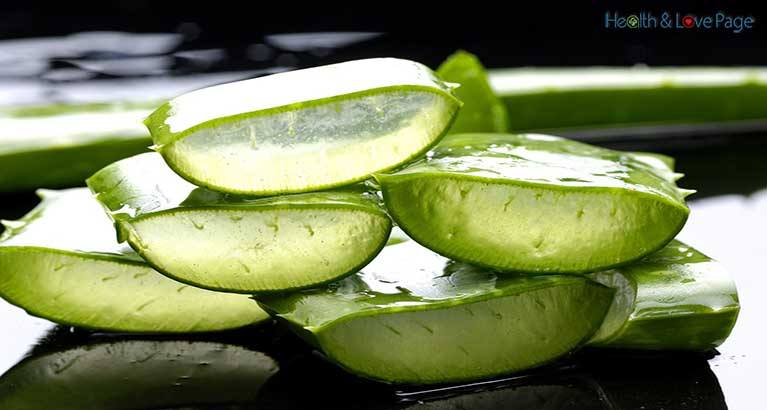The healing benefits of Aloe Vera are known for hundreds of years. You can use it orally, or topically. But, do you know if there are any side effects of using this well-known plant? We'll explain this later in the post.
The first use of Aloe Vera was recorded 6,000 years ago on stone carvings in ancient Egypt. It was one of the burial gifts to deceased pharaohs as it was considered as the “plant of immortality”.


When to Use Aloe Vera
In the past, Aloe Vera was used orally as a laxative, and topically to heal wounds and other skin conditions. But, nowadays, this plant has a lot more uses. People use it orally to treat asthma, diabetes, osteoarthritis, epilepsy, and topically to treat burns, osteoarthritis, psoriasis, and sunburns. Moreover, a lot of skin products like various sunblocks and lotions, contain Aloe Vera gel. FDA has approved this plant as a natural food flavoring.How to Use It
Use the clear gel that comes when you cut an Aloe Vera leaf as a topical ointment. On the other hand, the green part surrounding the gel can be used to prepare this Aloe Vera juice, or latex (dry substance) which is taken orally.What Science Says about Aloe Vera
The content of aloe latex includes strong laxative compounds. In the past, FDA regulated the products containing aloe components (aloe-emodin, aloin, and barbaloin) as oral over-the-counter laxatives. But, in 2002, they required all of these over-the-counter aloe laxatives be either removed from the American market, or reformulated, since their manufacturers didn’t provide the required safety tests. Past studies showed that topical use of Aloe Vera can help heal abrasions and burns. However, one study suggested that Aloe Vera impedes the healing of deep surgical wounds. Also, it hasn’t been shown that Aloe Vera can prevent burns from radiation therapy. In fact, there is not enough scientific evidence to support any other use of Aloe Vera.Cautions and Side Effects
- Topical use of Aloe Vera is not related to any significant side effect.
- The oral-consumption of non-decolorized whole Aloe Vera leaf extract was studied by the National Toxicology Program, for around 2 years. The results showed carcinogenic activity in mice, based on tumors of the large intestines. As researchers explain, there’s nothing to prove that these results are not relevant to humans, at least for now. To determine the potential risk to people, researchers need more information, including how people use different products of Aloe Vera.
- Oral use of Aloe Vera has been associated with diarrhea and stomach cramps.
- Diarhhea caused by oral use of Aloe Vera might reduce the absorption of many medications.
- Aloe Vera taken orally can reduce blood glucose levels, so diabetics who already take glucose-lowering medication should be cautious.
- Although there is no clear evidence that oral use of Aloe Vera can cause acute hepatitis, so far there are several such cases reported.
- Tell your doctor about any alternative or complementary practices you use to give them a clear picture of what you do for your health. This will guarantee safe and coordinated care.
Leave a Comment
